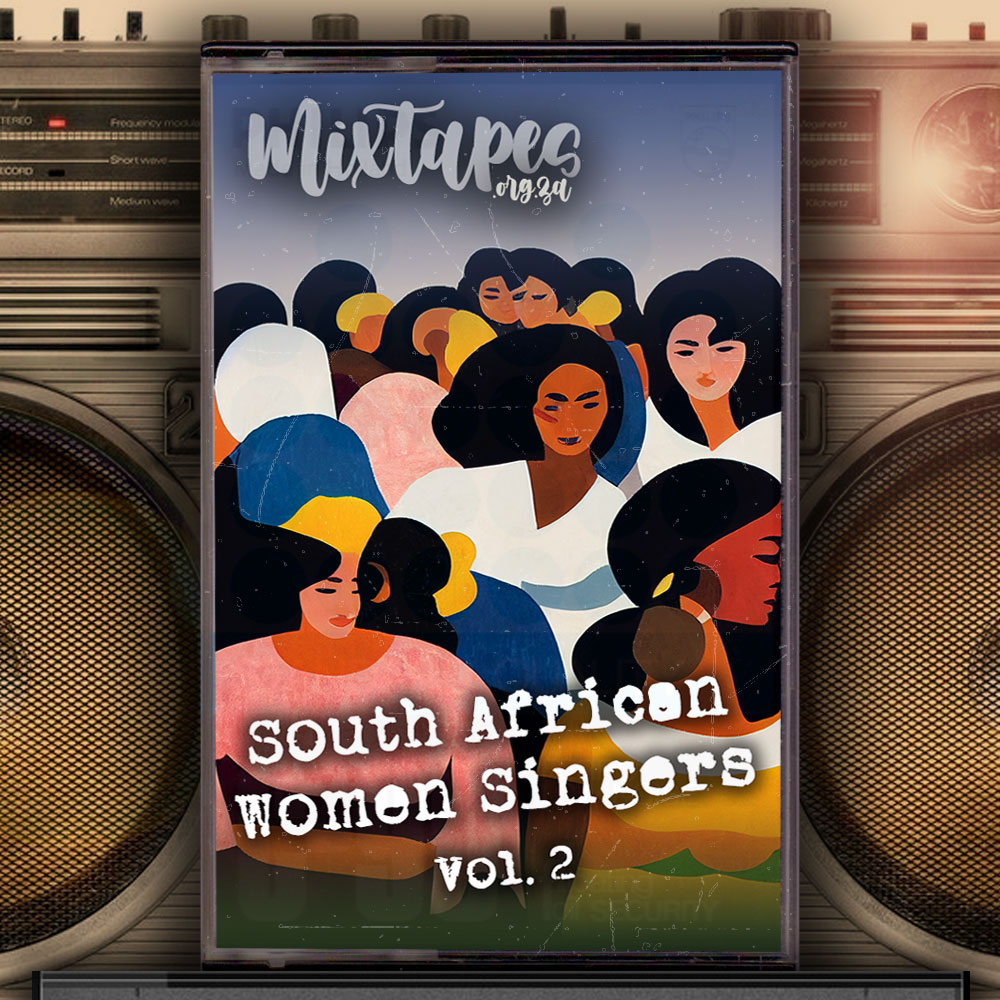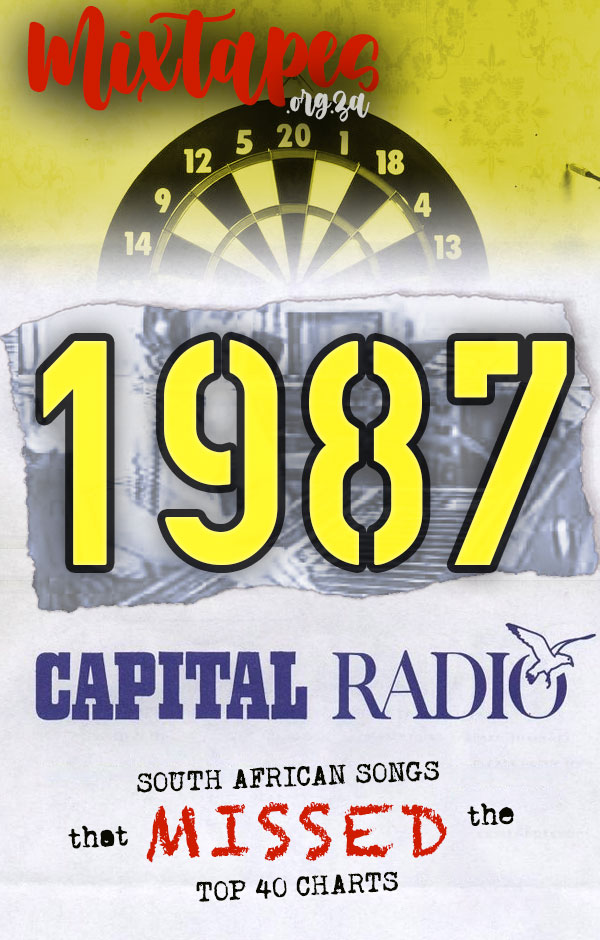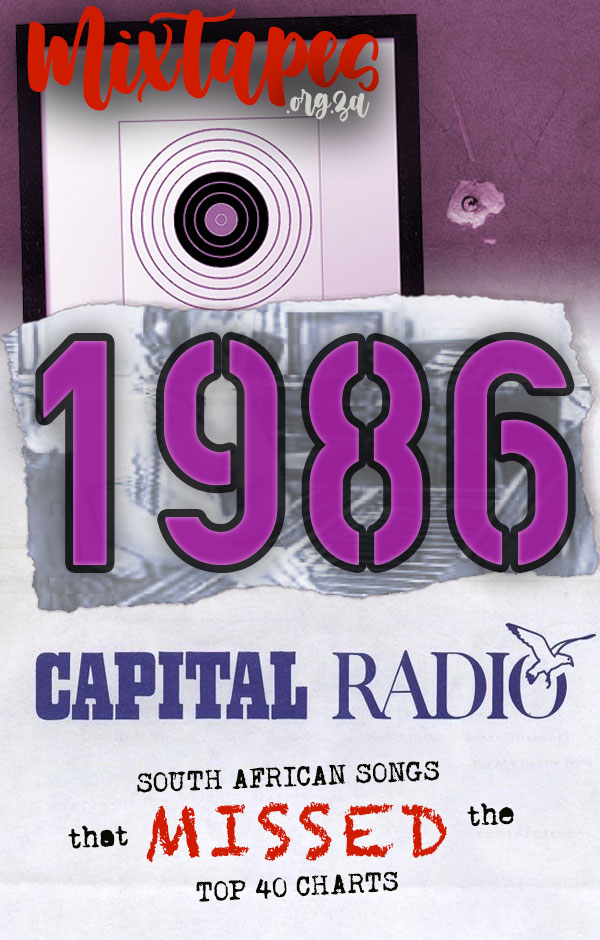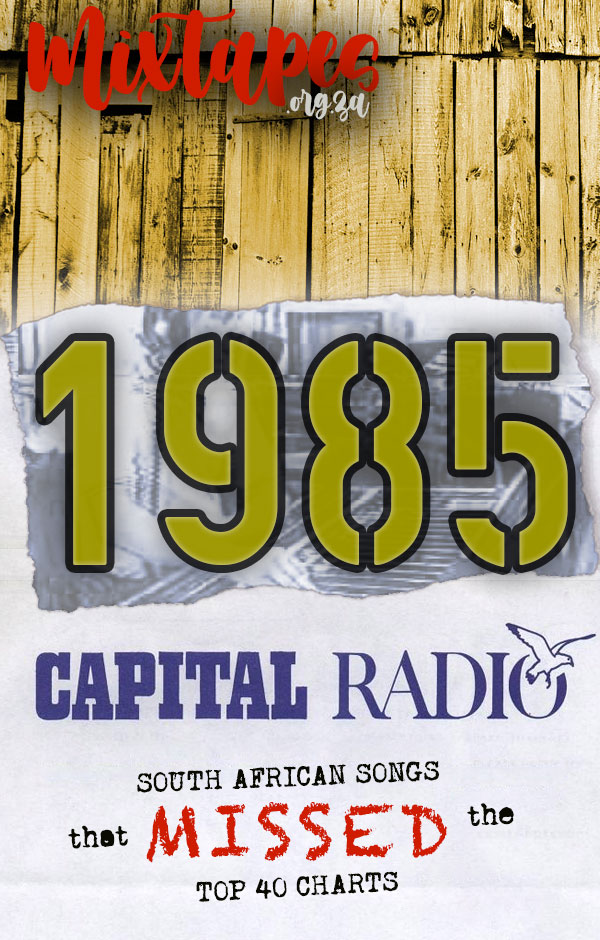
In our previous mixtape we featured twenty South African women singers and we acknowledged that there were too many noteworthy women singers to restrict to one mixtape, so we promised a second one. The intention was to feature another twenty women singers but that task proved too challenging, and so we have ended up with 22 songs this time around. And yet there are many more South African women singers who undoubtedly should have been included. But we are pleased that we have been able to showcase such an amazing variety of singers and hope that you enjoy listening to the selected songs.
Once again we have featured singers all the way from the 1950s and ’60s through to people who have appeared on the scene fairly recently. The earliest recordings included here are Dolly Rathebe’s “Unomeva (Isileyi Sam)”, Dorothy Masuka’s “Zoo Lake”, Sharon Tandy’s “Hold On” and Tandi Klaasen’s “Love Is What I Need Today”.
From the 1980s we include Joy’s “Paradise Road”, Mara Louw’s cover of “Take Me To The River”, Sue Charlton – of the Insisters – singing “Bluebeat”, Cindy Alter – of Zia – singing “Nobody Loves You (Like I do)”, Yvonne Chaka Chaka’s “Thank You Mr DJ” and Rebecca Malope’s “Cheated”.
Songs from the 1990s include Wendy Oldfield’s “Acid Rain”, Skye Stevensen – of The Led – singing “The Boy From Apricot Dreams”, Michelle Breeze – of Fetish – singing “Blue Blanket” and Vicky Sampson’s “Afrikan Dream” .
Into the 21st century we have “Ntjilo Ntjilo” by Gloria Bosman, “Zabalaza” by Thadiswa Mazwai and “Gimme The Music” by Unathi, all from the noughties, and more recent releases include “Isesheli” by Mandisa Dlanga (perhaps best known as a backing vocalist in Johnny Clegg’s band), “Marikana” by Lalitha, “Half Of A Woman” by Lucy Kruger & the Lost Boys, “Stay” by Adelle Nqeto, and the most recent release, “I Forgot To Be Profound Today” by Ruby Gill.
Once again, there is a wide range of voices and styles to enjoy, so dip into these songs and hopefully you will find several avenues to explore. Also, drop us a line with your recommendations for a third mixtape down the line.
- Ntjilo Ntjilo – Gloria Bosman
- Unomeva (Isileyi Sam) – Dolly Rathebe
- Zoo Lake – Dorothy Masuka
- Love Is What I Need Today – Tandi Klaasen
- Hold On – Sharon Tandy
- Take Me To The River – Mara Louw
- Bluebeat – Insisters
- Gimme The Music – Unathi
- Isesheli – Mandisa Mlanga
- Afrikan Dream – Vicky Sampson
- Paradise Road – Joy
- Marikana – Lalitha
- Zabalaza – Thadiswa Mazwai
- Half Of A Woman – Lucy Kruger & The Lost Boys
- I Forgot To Be Profound Today – Ruby Gill
- Stay – Adelle Nqeto
- The Boy From Apricot Spells – The Led
- Blue Blanket – Fetish
- Acid Rain – Wendy Oldfield
- Nobody Loves You – Zia
- Thank You Mr Dj – Yvonne Chaka Chaka
- Cheated – Rebecca Malope




